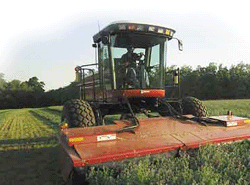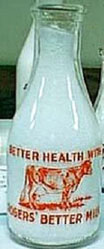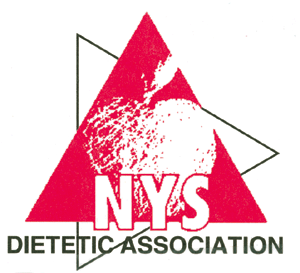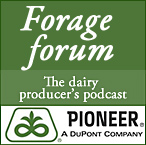 The state of Indiana is mandating premises identification and registration. It started yesterday, September 1st.
The state of Indiana is mandating premises identification and registration. It started yesterday, September 1st.
Last week, Secretary of Agriculture Mike Johanns assured attendees at the 2006 ID Info Expo that the national animal identification system would remain voluntary for the foreseeable future. Indiana is one of several states taking that has decided to mandate registrations. At that same meeting, Jennifer Greiner with the Indiana State Board of Animal Health spoke to participants about Indiana’s plans and Cindy interviewed her on that topic.
 Greiner interview (5 min MP3)
Greiner interview (5 min MP3)
To register your premises in Indiana, click here.

 Here’s the latest announcements from
Here’s the latest announcements from  Dairy Markets Week in Review
Dairy Markets Week in Review AGCO’s
AGCO’s
 At the Farm Progress Show Monsanto has a huge display showcasing their current and new technology. Although it’s mostly about row crops when I interviewed their Chief Technology Officer, Rob Fraley, he talked about what
At the Farm Progress Show Monsanto has a huge display showcasing their current and new technology. Although it’s mostly about row crops when I interviewed their Chief Technology Officer, Rob Fraley, he talked about what  Got milk bottles?
Got milk bottles?
 Growing up, we always had milk at the table during meals. Soda was a special treat. At today’s tables though, it seems soda is replacing the traditional milk, with concerning results. In a
Growing up, we always had milk at the table during meals. Soda was a special treat. At today’s tables though, it seems soda is replacing the traditional milk, with concerning results. In a  Experts agree on the basics for believability in corn silage plot data. Dr. Bill Mahanna, coordinator of global nutritional services for
Experts agree on the basics for believability in corn silage plot data. Dr. Bill Mahanna, coordinator of global nutritional services for